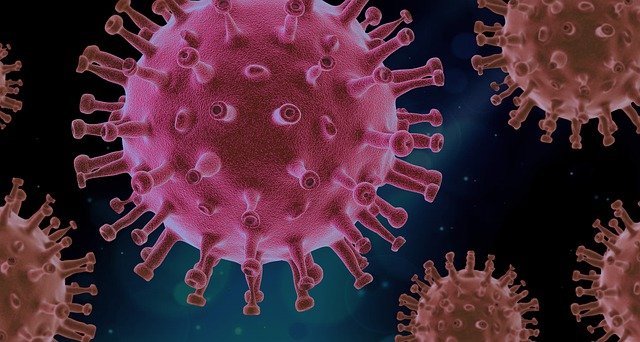Medical experts are warning the government to speed up South Africa’s vaccination rollout to curb a third and even a fourth wave of COVID-19 infections.
Although active cases remained stable over the last week, experts fears that gatherings and travelling using public transport over the long weekend can lead to an increase in infections over the next week or two.
According to EWN Pulmonologist doctor, Dante Plekker said speeding up vaccinations is crucial now more than ever.
“We definitely need to speed up our rate of vaccination in order for us to try and prevent a third and fourth wave.”
The first phase of the vaccine programme which involves inoculating health workers started in February. Around 270 000 healthcare workers have already received their jabs.
The second phase of the vaccination rollout is expected to begin in May and is aimed at high-risk people, such as the elderly and people living with co-morbidities.
However, health economist Professor Alex van den Heever says there is no sign of a third wave in South Africa at this point.
IOL reports that Van den Heever said during SABC’s Morning Live programme that the issue now is really how we prevent certain high-risk super-spreading periods from driving another wave of coronavirus infections.
“There is still a large population that is susceptible to infection, which means we can have serious waves coming forward, but it is large waves being driven by super-spreading events,” Van den Heever said.
According to the latest data from the National Institute for Communicable Diseases (NICD), positivity rates were still below 5% and there were no signs of increased rates of infection in 50 of the 52 districts of the country.
In the Free State province there has been a slight increase in infections and hospital cases in the past few weeks. Two outliers, in Gauteng and Limpopo, have also shown slight increases in infections over the past few days.
The cumulative number of Covid-19 cases for South Africa is currently over 1 545 979 and over 52 000 deaths. Recoveries stand at nearly 1.5 million, representing a recovery rate of 95%.
Picture : Cape Town Etc gallery

